8, August 2023
Niger military ‘cementing grip on power’ with announcement of new PM 0
Despite mounting international pressure for the Niger’s ruling junta to step down its decision to name a new prime minister is an indication that the military is already holding on to leadership in the West African country.
“They are cementing their grip on power… they are trying to send a message that they are creating a government around them[sevles].”
Niger informed ECOWAS that it cannot host a delegation from the West African regional bloc, citing reasons of security due to what it characterised as widespread anger among the Nigerien population following sanctions imposed by the bloc.
“The current context of anger and revolt among the population following the sanctions imposed by ECOWAS makes it impossible to welcome this delegation in the required serenity and security,” Niger’s foreign affairs ministry wrote in a letter addressed to the ECOWAS representation in Niamey.
Culled from France 24
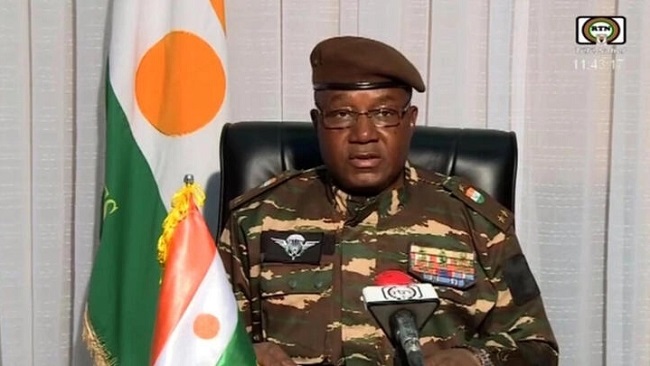
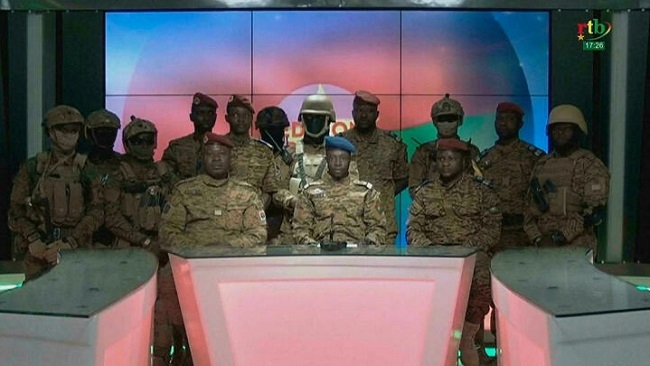
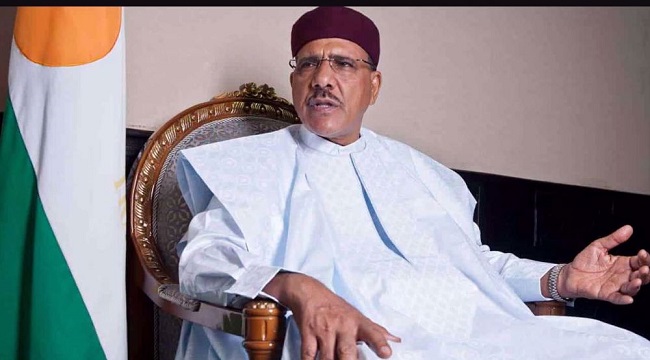
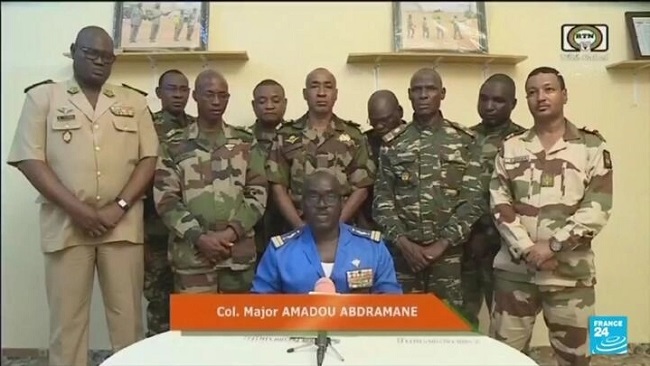
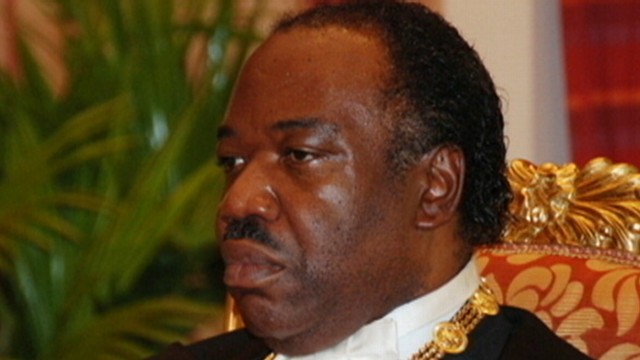
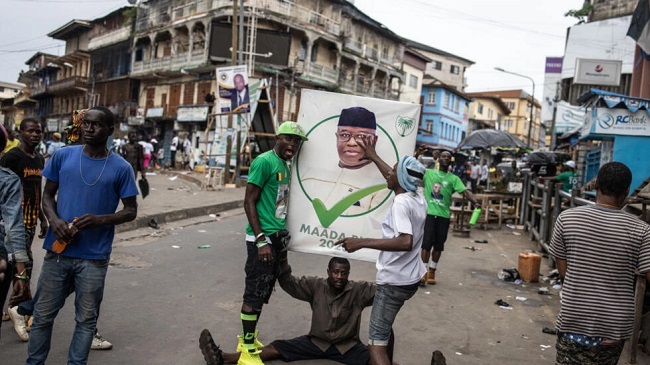
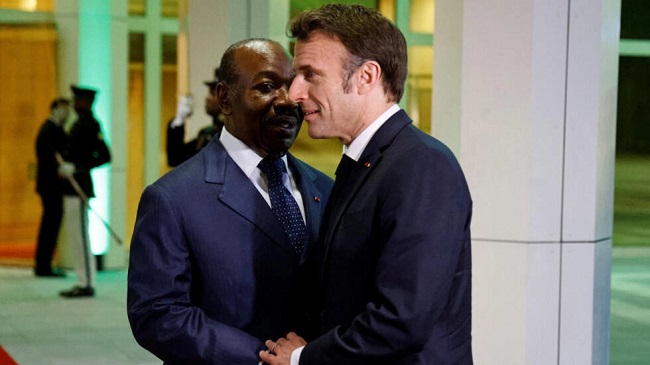















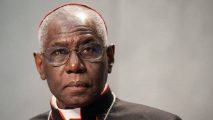


10, August 2023
Niger leader announces new govt, names 21 ministers on state TV 0
Niger’s coup leaders have formed a new government, according to the country’s new strongman, General Abdourahamane Tiani, who read out a statement on national television on Wednesday night.
The 21-member government, announced just before an emergency summit of Niger’s West African neighbours in Abuja on Thursday, is headed by Prime Minister Ali Mahaman Lamine Zeine and includes 20 ministers, including the defence and interior ministers.
The United Nations chief on Wednesday expressed grave concern over what he called the “deplorable” conditions of Niger leader Mohamed Bazoum’s detainment and called for his release.
Secretary-General Antonio Guterres denounced “the deplorable living conditions that President Bazoum and his family are reported to be living under”, according to a UN statement.
CNN reported Wednesday that Bazoum was being kept isolated and forced to eat dry rice and pasta by the rebels who overthrew him in a coup late last month.
In a series of text messages Bazoum sent to a friend, the president said he had been “deprived of all human contact since Friday”, with no one supplying him food or medicine, the network reported.
Source: France 24